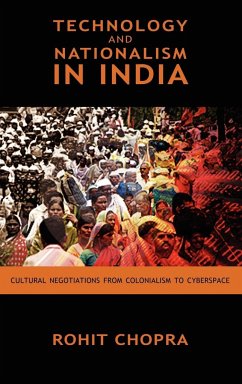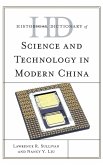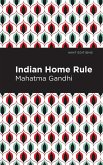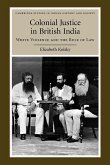This book examines the phenomenon of "technocultural Hindu nationalism" or the use of the internet by global Indian communities for the promotion of Hindu nationalist ideologies. Since the introduction of Western science and technology under colonial rule in the eighteenth century, science and technology have been used as instruments of transforming Indian society. Scientific and technological expertise have been authorized as essential attributes of a modern Indian selfhood. And the possessors of technological skills have historically been vested with the authority to speak for the nation. The associations between technology and nationalism have condensed in ideas about self and other, they have been incorporated in imaginings of the state and the nation, and they have materialized as claims about identity, community, and society. In the present historical moment, this relationship manifests itself, in one form, as an online Hindu nationalism that combines cultural majoritarian claims with technological triumphalism. Technocultural Hindu nationalism yokes together the core proposition of Hindu nationalist doctrine-the idea that India is a Hindu nation and that religious minorities are outsiders to it-with arguments about the imminent rise of Hindu India as a technological superpower in the global capitalist economy of the twenty-first century. Additionally, while technocultural Hindu nationalism is obsessed with 'Western' technology, it also defines itself, in strategic respects, in opposition to Western civilization. On Hindu nationalist websites, this apparent paradox is resolved through the construction of a narrative where Hinduism is defined as the historical and philosophical foundation of global capitalist modernity itself and Hindus are presented as the natural heirs to that heritage. This book locates these and other characteristics of Hindu nationalist identity politics in cyberspace with reference to the relationship between technology and nationalism in India from the period of British colonial rule in the mid-eighteenth century to the present era of an economically and technologically interconnected world. This book argues that technocultural Hindu nationalism needs to be understood in terms of the general dynamic of technology and nationalism with its continuities and discontinuities: through the period of colonial rule till Indian independence in 1947; the period of Nehruvian nationalism with its emphasis on technological development in a socialist framework; and the current post-1991 context following the liberalization of the Indian economy, which accords pride of place to information technology and the internet. This book also proposes that the particularities of technocultural Hindu nationalism need, at the same time, to be assessed with reference to the modalities of online communication. Toward this end, the book takes shape as an interdisciplinary endeavor, combining qualitative and quantitative research methodologies, and drawing on historical scholarship about South Asia, social and cultural theory, and the sociology of new media, specifically, the field of internet studies. Technology and Nationalism in India is an important book for all in communication, Internet studies, South Asian studies, and postcolonial studies.








